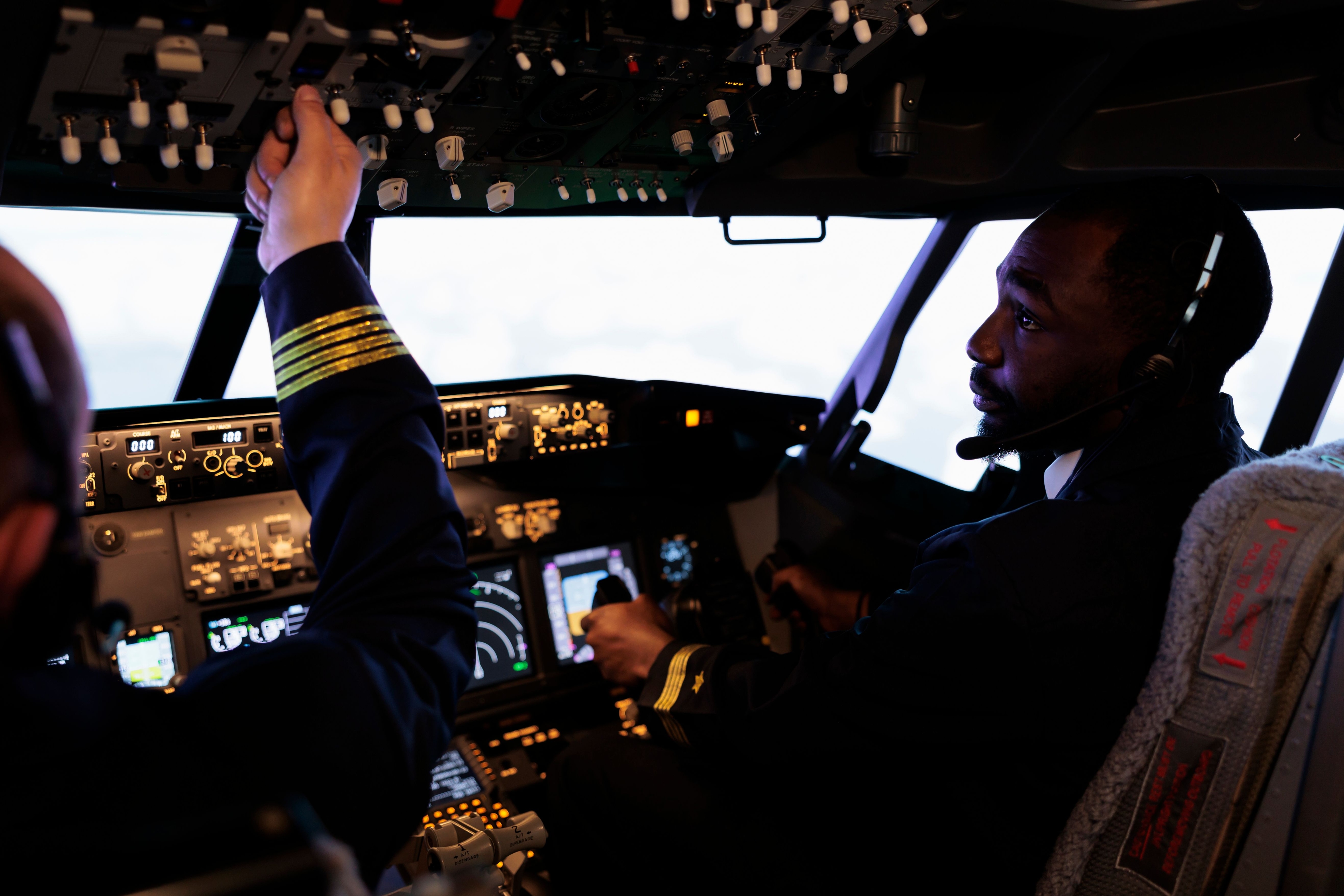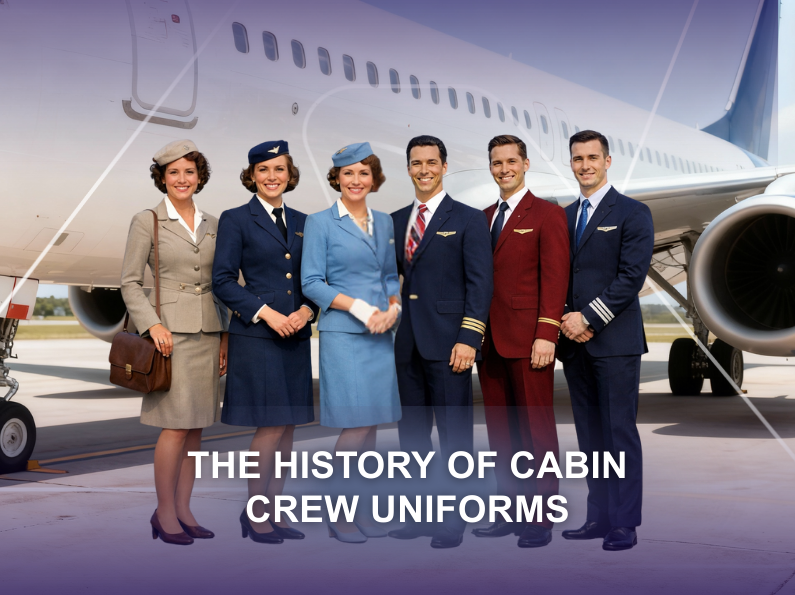The Psychology of Flight: What It Takes to Be a Successful Aviation Professional
Aviation is one of the most demanding industries, requiring professionals to possess not only technical expertise but also strong psychological resilience. Pilots, cabin crew, and air traffic controllers all operate under high-pressure environments where decision-making and emotional intelligence are crucial. Understanding the psychology behind these roles can help aspiring aviation professionals succeed in this challenging field.

Mental Resilience in Aviation
Aviation professionals often face long working hours, jet lag, and unpredictable situations. Pilots must remain focused during long-haul flights, while cabin crew must handle emergencies and difficult passengers with professionalism. Developing mental resilience through mindfulness and stress management techniques is essential.
Decision-Making Under Pressure
Quick and effective decision-making can mean the difference between safety and disaster. Pilots and air traffic controllers are trained to assess situations rapidly and make calculated decisions. Simulation training and scenario-based exercises help aviation professionals enhance their critical thinking skills.
Emotional Intelligence in Customer Service
Cabin crew members play a crucial role in ensuring passenger comfort and safety. High emotional intelligence helps them manage diverse passenger needs, resolve conflicts, and maintain a positive atmosphere on board. Strong communication skills and empathy are vital for success in this role.
Handling Fear and Anxiety
Even experienced pilots and flight attendants may experience anxiety, especially in turbulent situations. Learning coping mechanisms, such as controlled breathing and mental visualization, can help aviation professionals stay composed and focused.
The Importance of Teamwork
Aviation is a team-based industry where collaboration is key. From cockpit crew coordination to ground operations, effective teamwork ensures smooth and safe flights. Building strong interpersonal relationships with colleagues fosters a supportive work environment.
Conclusion
The psychology of flight goes beyond technical skills—it involves resilience, quick thinking, emotional intelligence, and teamwork. Aspiring aviation professionals should focus on developing these psychological attributes to thrive in this dynamic industry.



